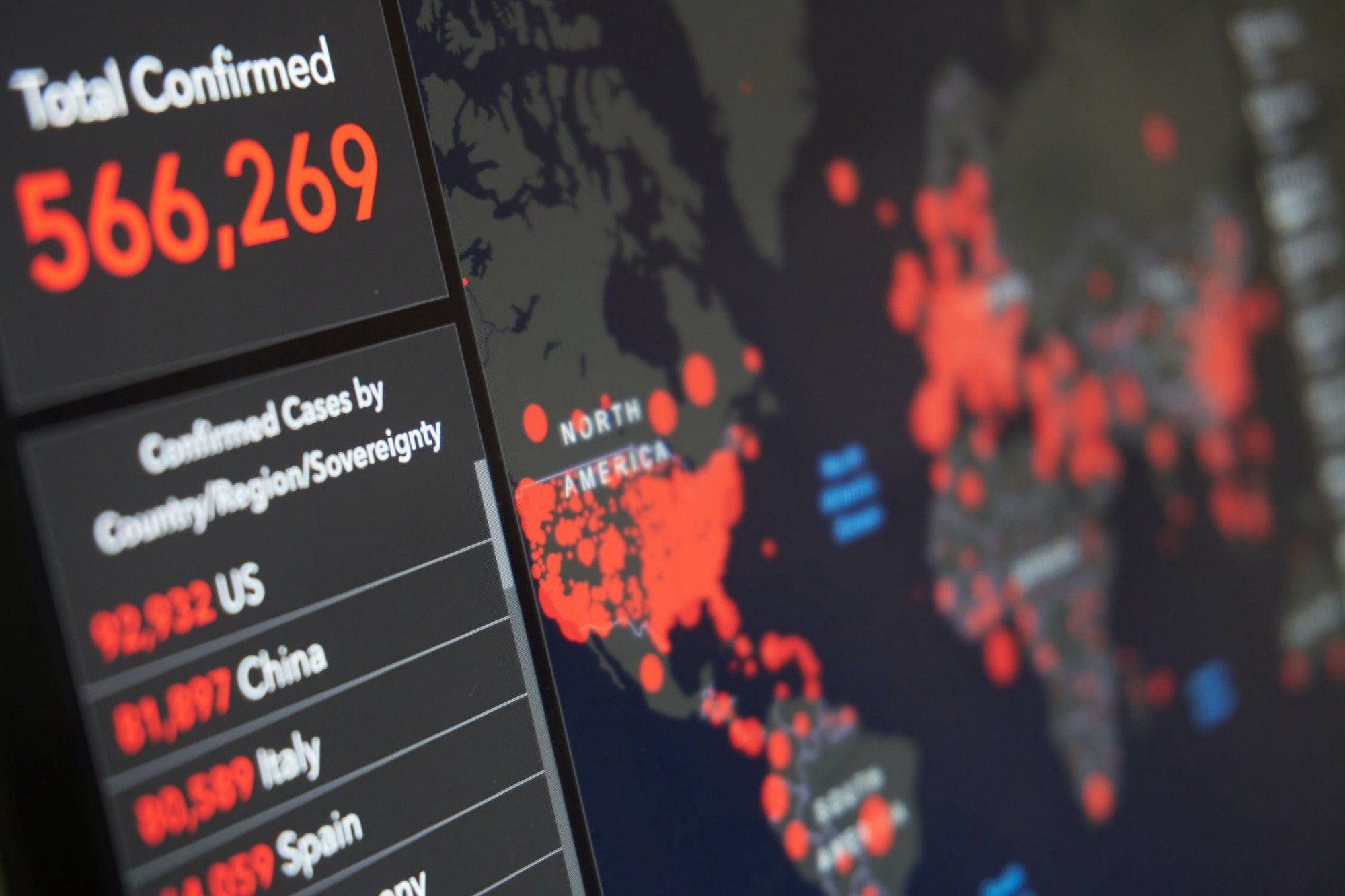5 Ways How an IHCS Can Help Us Fight COVID-19
From only two (2) confirmed cases and 41 persons under investigation (PUIs), we now have 169,213 cumulative confirmed cases with 2,687 deaths due to COVID-19.

This article is originally posted in Medium by YanaCare.
Early March 6, 2020, the Health Department reported only two (2) confirmed cases of COVID-19 and identified 41 persons under investigation (PUIs). By August 18, 2020, the cumulative confirmed cases spiked to 169,213 with 2,687 deaths. To discern such magnitude of death toll, there were 978 terrorist militants and 168 government forces who perished during the Marawi siege last May 2017. The 6.6 magnitude earthquake in Bohol island resulted to 209 confirmed deaths with 877 people injured on October 2015.
Thus, the widespread impact of the COVID-19 pandemic has dislocated 27 million jobs, shattered thousands of small businesses, and interrupted the education of our youth. With our new normal, it is now crucial to deploy state-of-the-art digital technologies that can augment the country’s health care system. There can be lessons to be drawn from an integrated health care system.
Healthcare Integration

The increased travel mobility, enhanced recreational lifestyles, and intensified economic activities had made the detection and prevention of infectious diseases a daunting challenge. The reliance to a national health surveillance system depends on a well-established bottom-up reporting process from the local to the central government. However, this manual process takes weeks or months to collect and analyze data. Thus, the integration of the healthcare information systems of different hospitals, clinics, drug stores, and barangay health stations in the Local Government Units (LGUs) is imperative to aggregate the patients’ medical records and enable health leaders and professionals to respond to health needs with effectiveness, speed and timeliness.
Delivery of Medical Care

The integration of public health data can stream geo-located information on real-time about the citizens’ health and well-being. However, the different database silos prevent the sharing of information between and across hospitals. With an integrated system, delivery of health services will be seamless and convenient. Doctors can easily access the health records of their patients and make use of telehealth care to give medical services in the comforts of their homes. This will prevent the spread of infectious diseases and congestion in the hospitals.
Operational Efficiency

With the availability of real-time health records and data, the LGU can avoid waste and redundancy in the inventory, purchases and delivery of medical supplies to the hospital and health stations. In the digital dashboard, the LGU can efficiently use scarce funding and resources to priority areas and address the top-causing morbidity and mortality diseases. Hospitals can also processes the admission and release of patients through an information system linked with PhilHealth.
Proactive Policymaking

The challenge in policies and program execution arises from the lack of evidence-based data to support decision making. With an integrated health data, the local leaders can have a clear snapshot of the health situation and anticipate health threats and diseases. Transparency, accountability and citizen support on policies are promoted with the accesses and availability of aggregate health data to stakeholders. Health performance and targets can be measured and used to convey successful advocacies to their constituents.
Compliance to Law

The YanaCare Initiative¹ promotes the Health Integrated System across LGUs to manage, organize, and allow the different databases of health units to talk and communicate with each other. The System adheres to the specific provisions of the Universal Health Care Law or RA 11223 of setting-up a city or province-wide health information system. This also includes compliance with the security, privacy and data encryption standards.

[1]: The YanaCare Initiative was conceptualized by Dr. Lloyd Bautista (see his story here) in partnership with the technical experience and proven system of the MYCURE Health Platform. MYCURE is a HealthTech Startup that has equipped the private sector to digitize and interlink their healthcare information systems. Together, they have embarked on a social enterprise to build the capacities of LGUs. Selected LGUs shall be included in the first pilot-run of YanaCare Initiative Project.
(For any inquires in your LGU, you may email yanacareproject@gmail.com)

